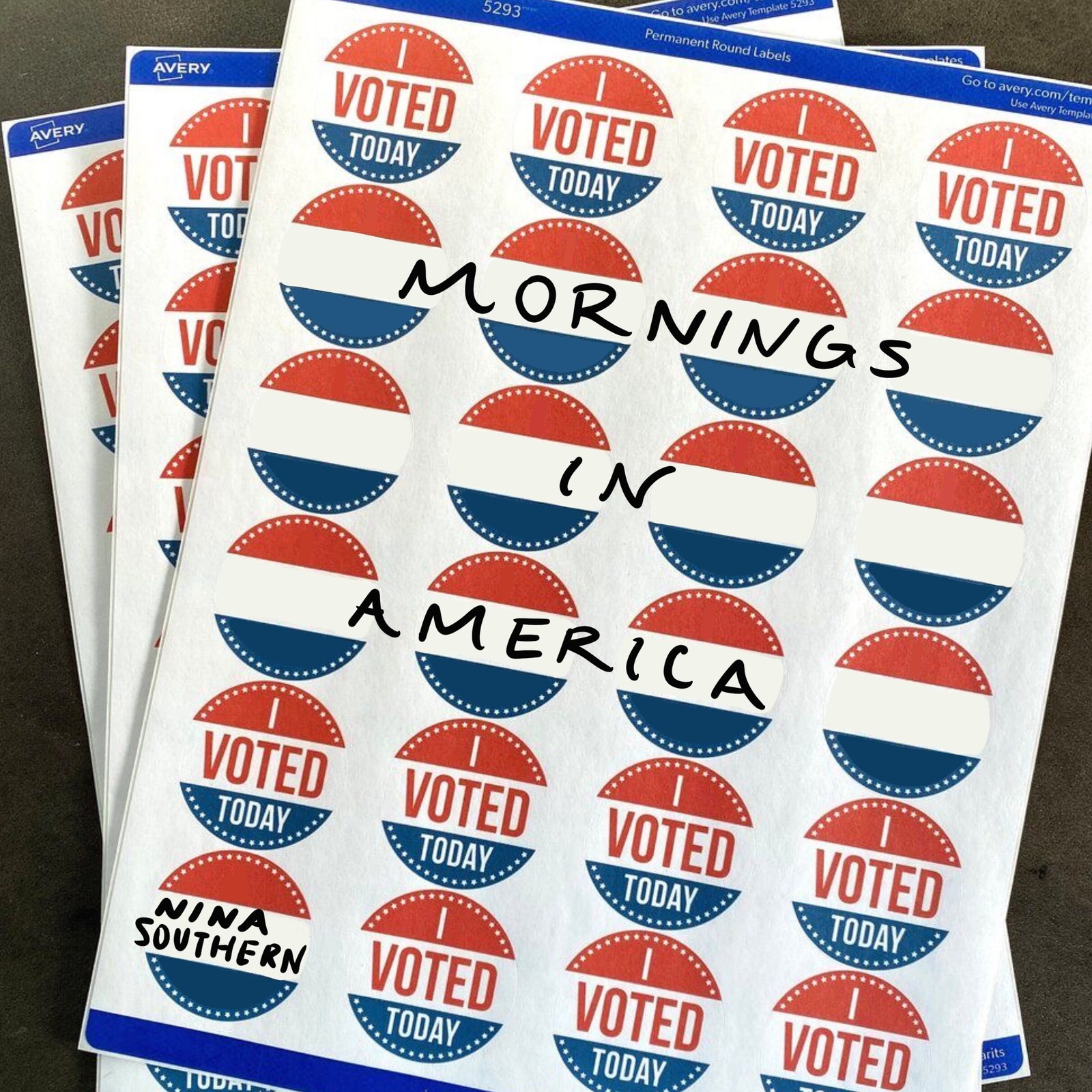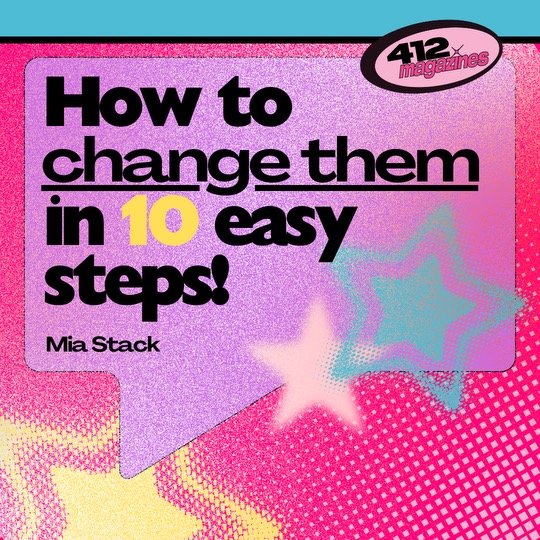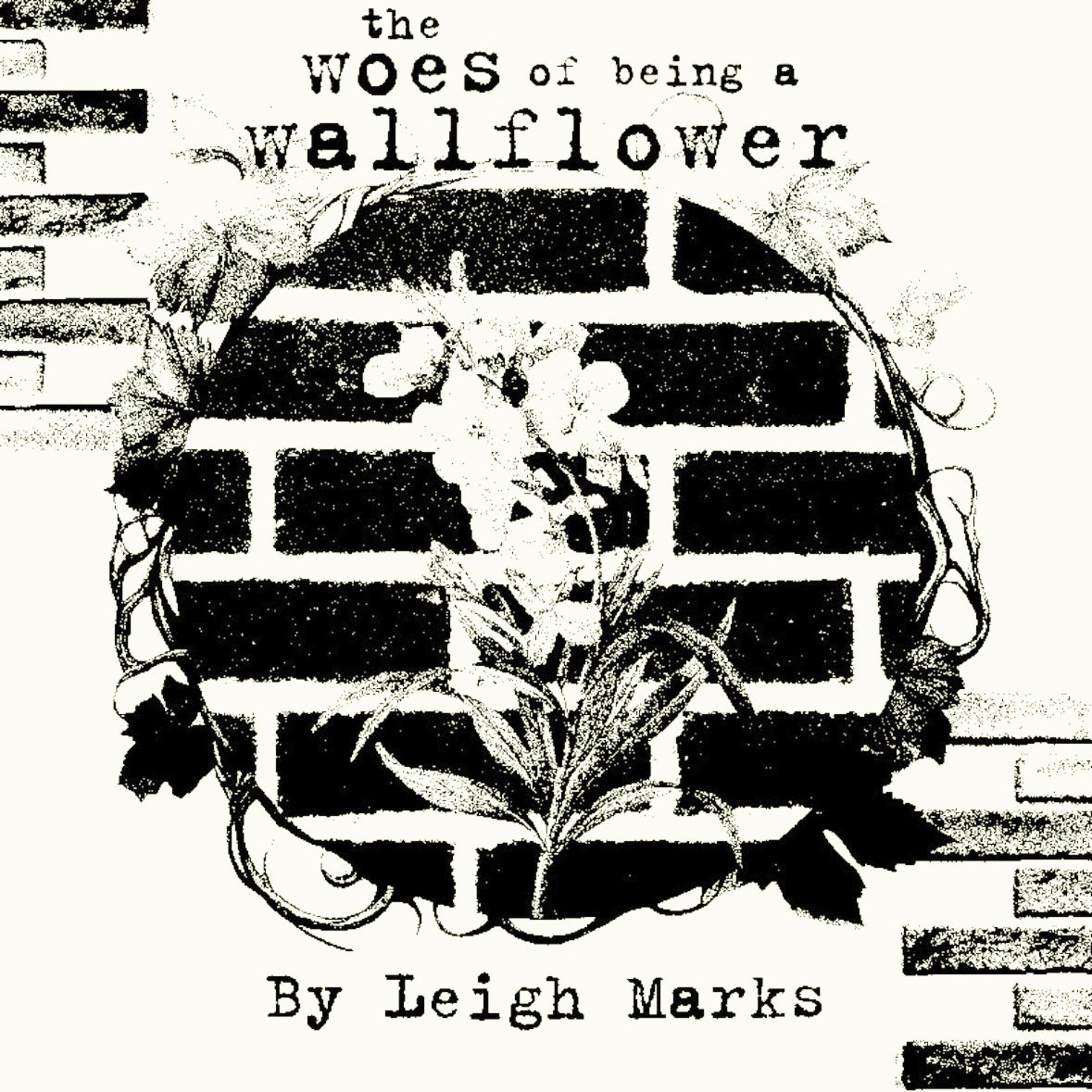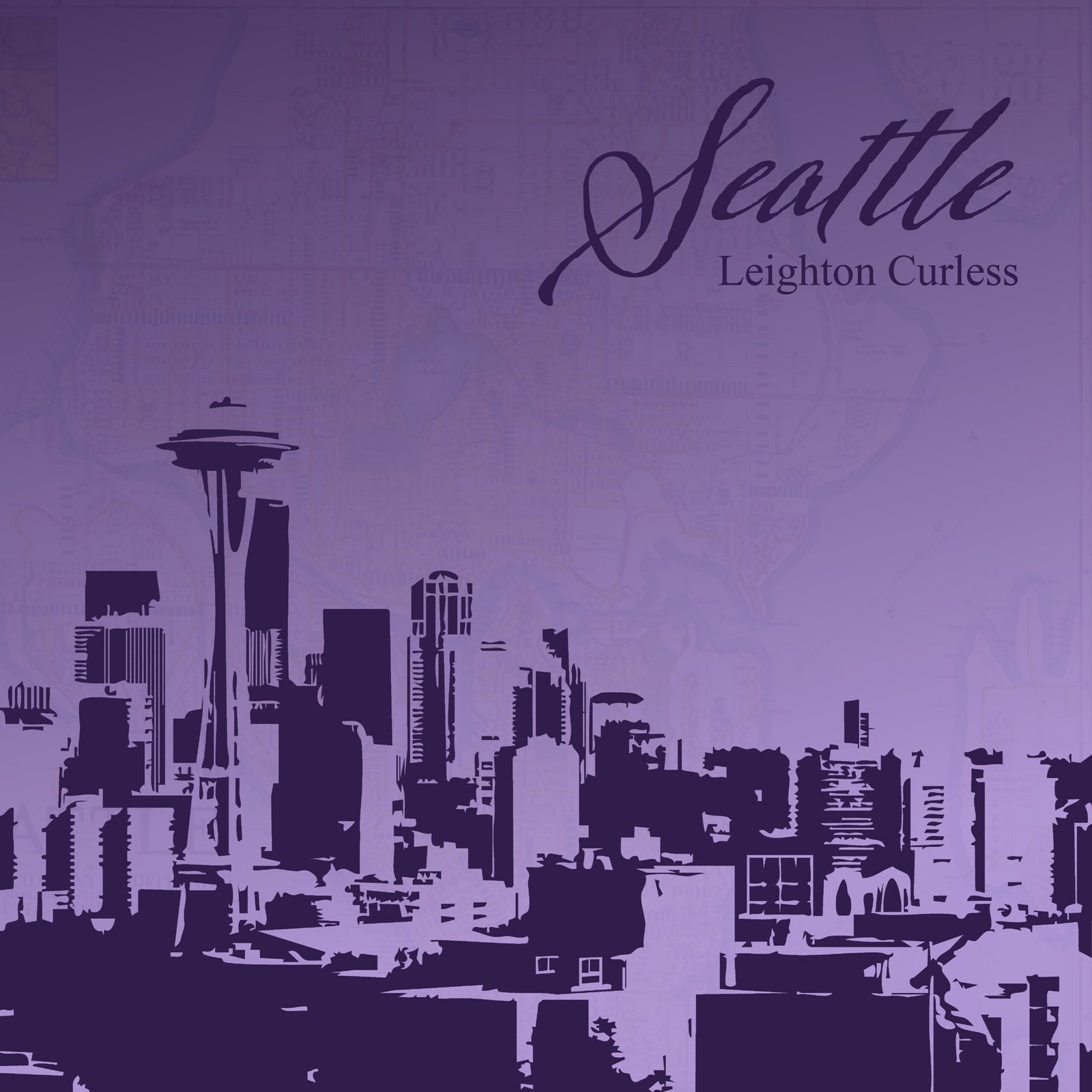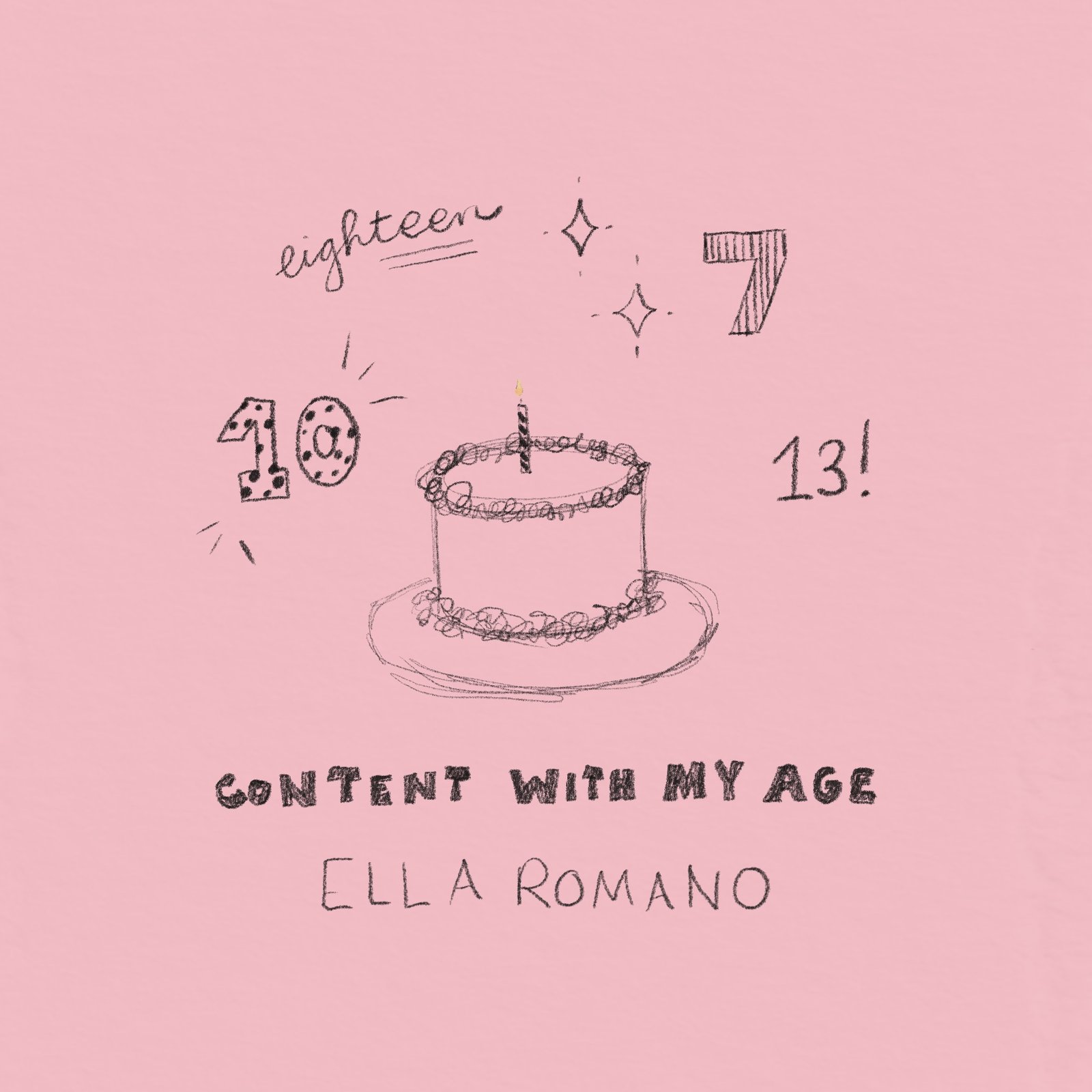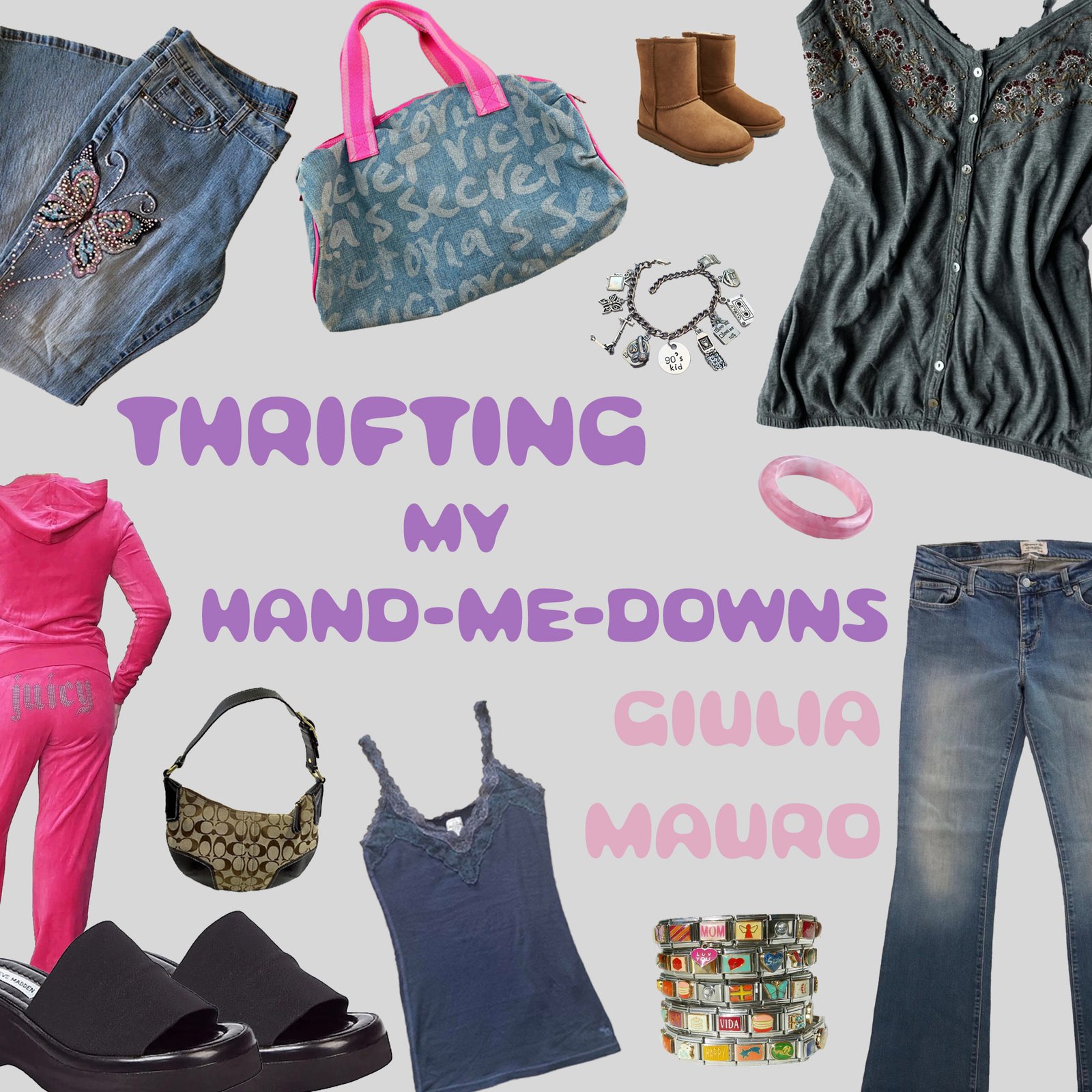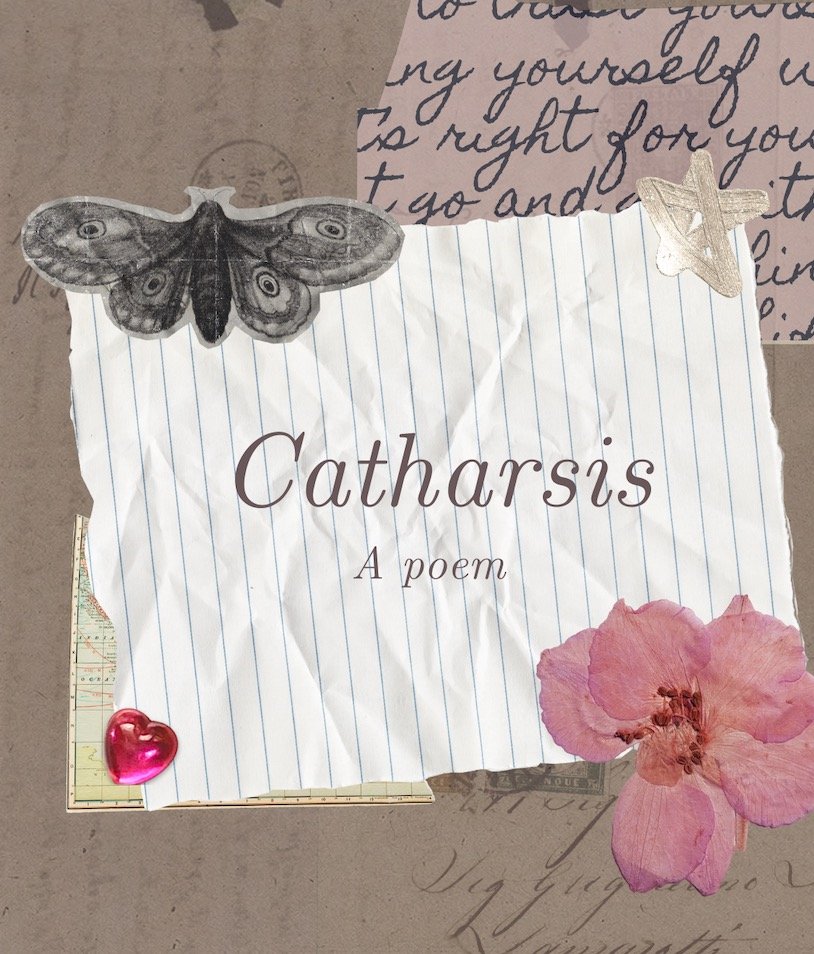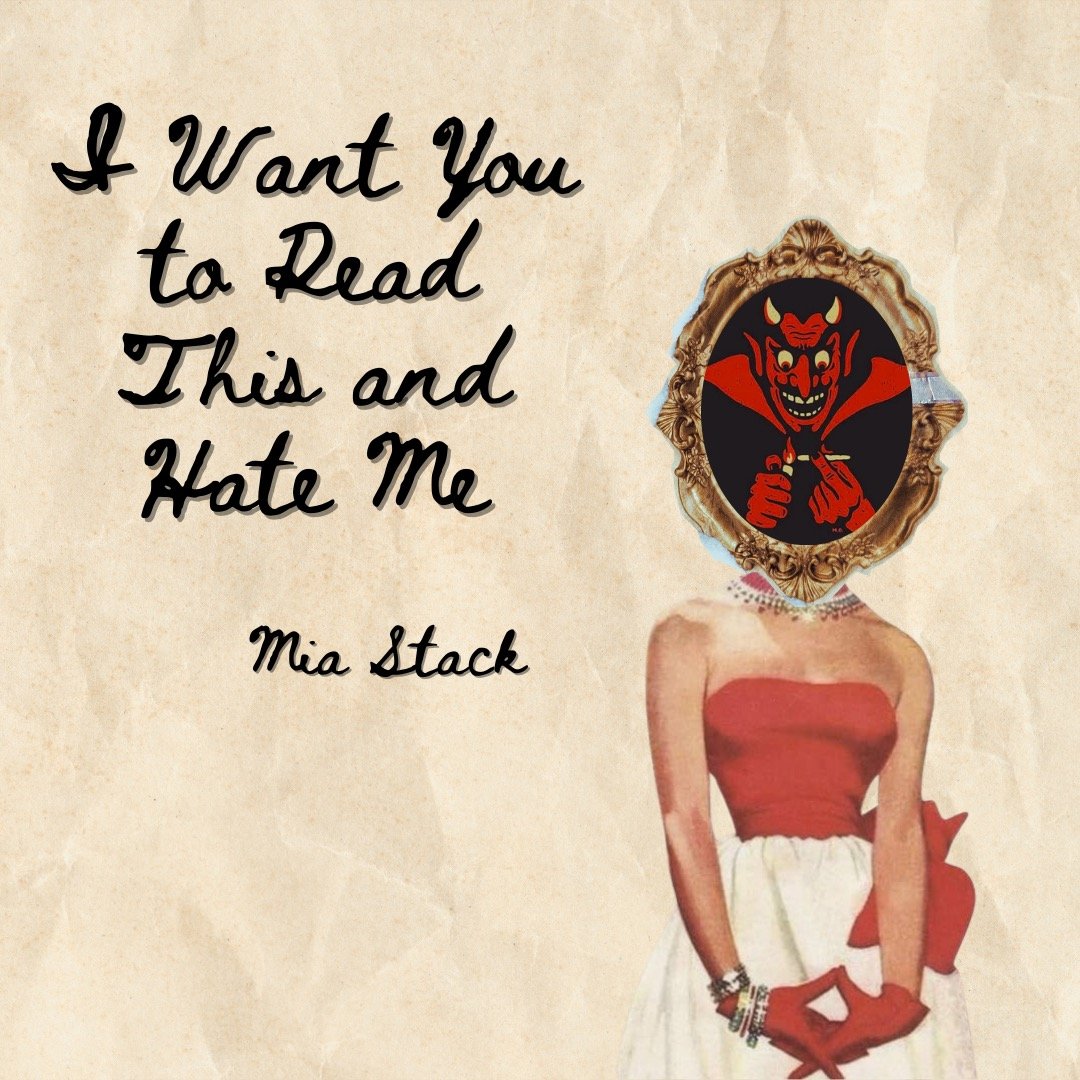As you read what I have to say, I hope you find me to be conceited. I hope that you think I have a big ego. I hope you even hate me.
Because the truth is, I haven’t been able to love myself since I was 15. It feels as though the past 5 years of my life were taken from me, my inner child was eaten up whole. Through abuse and complicated relationships, bad decisions and reactions, hurt feelings and damaged souls, I went through hell and back to say the least. I am not a “perfect” victim…well, I’m a survivor now. I was angry, I was bitter…I was broken. I had no sense of self, no sense of right vs wrong, because for the longest time my mind and body belonged to someone else. I was a piece of meat. Yet I made so many mistakes, so many bad mistakes that deeply hurt other people. If you know me personally, and still think I have always been the sweetest person you’ve ever met, hear me loud and clear now: I was a monster at one point in my life. My mind had shattered into a million different pieces, and I was truly a danger to myself and others.
And for the longest time, I thought that meant that I deserved everything that happened to me. But that's not true, that will never be true. I thought it was true at one point, but no Mia. No it is not.
So here I am now, building myself back up from rock bottom, piece by piece. So as I speak, I want you to look at me and be conflicted on how to feel. Look at me and think better of yourself. I want you to think I’m a bitch. I want you to hate me, so I can love myself anyway.
I am Mia.
Mia Stack. I have no middle name.
My favorite place on this earth,
Is in the middle of the woods at golden hour
When I am there,
I feel the air
I feel the sun
Its gold beams encasing my beauty
It complements my golden brown hair
And my light brown eyes, my long eyelashes falling over them
I feel what is right
Everything is no longer unfair
I am what I make of myself,
I can paint myself into any collection of colors
As beautiful and as wonderful as can be,
Into a bed of grass is where my pride smothers
I am perfect on the outside,
I’m conventional in the eyes of society
But on the inside I am beautiful
My anger and pride sitting inside of me
They smile at you evil as can be,
Because they know they are royalty
They know how weak you really are
You can't take me down
You can hear my laugh in the wind,
And the vibrance of my voice in the trees
Im beautiful when I sing
Small and pretty,
Until I want to be something else
I could scream and not be afraid
I screamed in a fit of rage when I was 16
My lungs boiled and burned as I let it out,
My face streaked with tears
I had never screamed like that before,
It scared me to finally see how much anger I had inside of me
But now I realize that,
Exerting a power like that is good
It is your voice
Scream until the windows break,
Let it all out my Mia
Scream and feel the flowers growing in your lungs,
You are so pretty my love
Let them destroy the patriarchy,
Destroy what wants to destroy them
Because you will not be destroyed my sweet girl,
I won't let that happen again
Look at you on your own two feet,
I’m smiling at you from within
See the sun and stars look down on you,
Shining brighter for you every day
“Look at us the way you used to Mia”
Your heart will never be something they betray
Look up and see that
The world is so much bigger than you think
You never needed that boy,
He needed you
Because look at you!
Dancing in your room alone at night
You feel everything he never could,
Your light shines so bright it hurts
You get goosebumps listening to music
You’re good with kids
Your smile is contagious
You’re allowed to take up so much more space than you already do
I have freckles
That you can only see up close
You will only know I have freckles
If I let you come that close
I could hold a finger out at you
To keep you at arms length: “NO!!”
Or I could pull you in: “Yes my love”
My kiss powered by strength
I am beautiful
I deserve a good life
I deserve the right to love
Of which is all around me
As well as way up above,
Even the sun and stars are painted with care
Let the flowers grow in your lungs my sweet mia
Wipe the tears off your face
Forgive yourself my love,
That little girl inside you
Doesn't deserve all that pain
You were only 15 Mia
You were so young
And yet here you are now
Bigger and stronger than ever before
Your inner child was never taken away
I’ve been here protecting you this whole time my Mia And I will always sit inside of you
You don’t need to protect yourself anymore, Just feel
Written by Mia Stack
Edited by Neena Tavik and Julia Brummell

